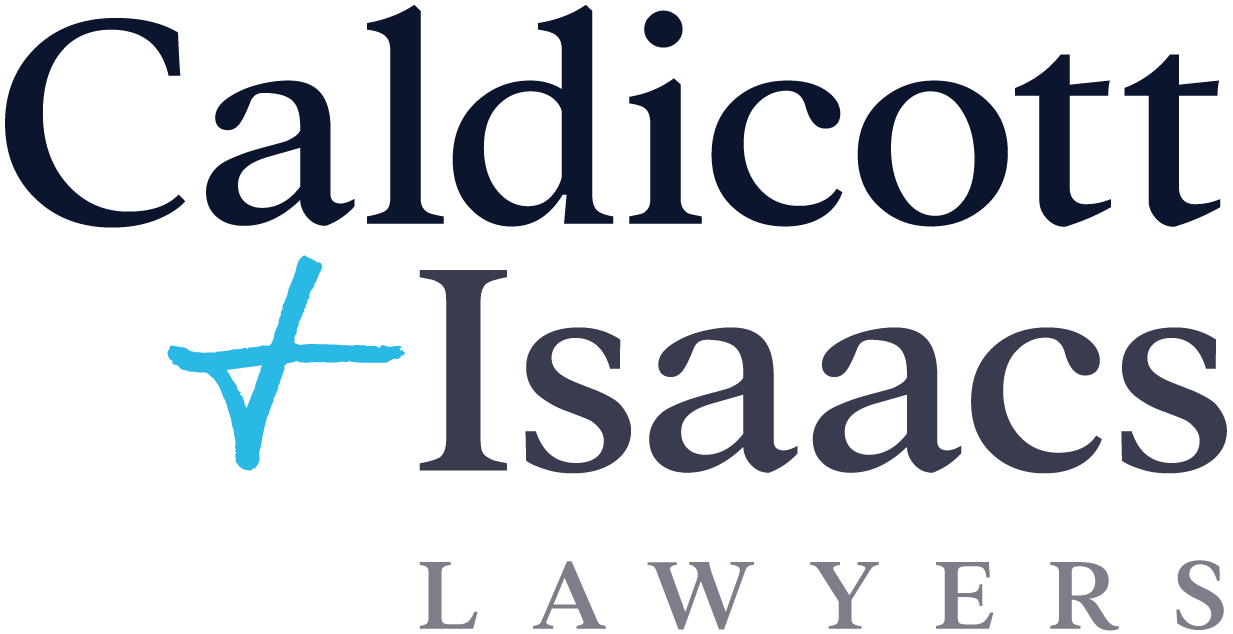You weren’t driving
In some cases the wrong person is charged with the offence. There are a variety of ways this can occur, such as an administrative error on the prosecution’s behalf or perhaps the offender was carrying your identification. Regardless, it is a complete defence to a dangerous driving charge if you can show that you were not driving the vehicle
Your driving posed no potential danger
The charge of drive in a manner dangerous hinges on the danger, or potential danger, your driving posed to the public. It may be the case that, despite your manner of driving being temerarious, there were no members of the public placed at the risk of harm as a result of your driving. If there is evidence to support this argument, then you may have a defence to this charge.
You were carrying out your duties as an emergency worker
Section 19A(10) of the Criminal Law Consolidation Act 1935 provides a complete defence for emergency workers if it can be shown that you were acting in the course of your employment, and that you were acting in accordance with the directions of your employer. You will also be required to prove that you were acting reasonably in the circumstances.
Duress
It is a complete defence to the charge of drive in a manner dangerous if we can show that you were acting under duress. That is, you were acting as a result of violence or some other threat against you. You will have a defence to this charge if we can demonstrate that you were coerced into the act by a third party, effectively rendering you an instrument of someone else’s criminal conduct.
Necessity/Emergency
The common law defence of necessity operates where the circumstances at hand (natural or human threats) require you to break the law in order to avoid even more dire consequences. Thus, there is some overlap with the defence of duress. It will need to be shown that you believed on reasonable grounds that you were placed in a situation of imminent peril. You may have a medical justification, or it may be the case that you were acting in the course of protecting yourself or someone else.
Essentially, the Court will need to weigh up the act you have committed against the harm you would have experienced had you not acted in that manner. Further, the Court will need to be convinced that the act was proportionate to the potential harm.
In addition, it may be possible to have the charge downgraded to driving without due care which has a lesser maximum penalty.
Mental Impairment
The law recognises that, in some cases, people will not be capable of evaluating the nature and quality of their conduct, or, more categorically, they will not know what they are doing is wrong. If it can be shown that you were suffering from some sort of mental disease, disorder or disturbance, as distinguished from a mere lack of self-control or impulsiveness, then you may have a defence to this charge.
Mental impairments may be either permanent or non-permanent and have been held to include disorders such as:
- Schizophrenia
- Hyperglycaemia
- Psychomotor epilepsy
- Cerebral arteriosclerosis

